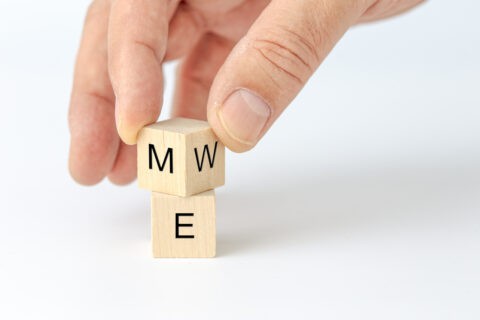
Fear is one of the most destructive forces in marriage. It never motivates us to do the right thing.
God has not given us a spirit of fear, but of power and of love and of a sound mind.2 Timothy 1:7
Karen and I were both full of fear when we got married. I was afraid of rejection, failure, and weakness. I masked my fear by trying to be macho. She didn’t hide her fear. She was openly afraid of rejection, disconnection, failure, and abuse.
Our fear had severe implications in our relationship. It made us fight. Fear was at the core of our worst disagreements. To get rid of it, we had to learn to understand it—and then disarm it.
Much of our fear has to do with basic needs. Every person’s deepest need is the need for love, which is why almost everyone fears rejection. When you fear being rejected, you close your heart in order to protect yourself. That way, if you do get rejected, it won’t hurt so much.
That’s why fear of rejection damages intimacy.
Another fear is related to design. God did not design us to be controlled, and so we fear control. The most dominant relationships are those in which one spouse fears being controlled and so they take control over the other spouse.
Damage from our past causes fear. When you have experienced something in your past that you don’t want to go through again, it results in fear. Traumatic events like abuse, rejection, and divorce cause many people to be afraid of re-opening that wound.
The trouble begins when we allow these fears to have too much power over us. The fear accesses the hurt in our hearts and begins to direct our actions. It causes us to lash out and act in unhealthy ways toward our spouse. If we don’t take those thoughts captive, they can destroy our marriage.
How do we overcome fear in marriage?
First, we have to take off our fig leaves. All of us have fear, but we like to pretend we don’t. We have to let our fear out in the open and stop hiding from each other. Say to your spouse, “I’m afraid of this and I know it’s wrong. Please help me deal with it.”
Second, we must take responsibility for our behavior. Adam blamed Eve for his sin, but it was just as much his fault as hers. Many people in marriage think things will get better once their spouse changes. It’s better to focus on how you can change. Say to your spouse, “I was wrong. I repent.”
Third, give everything to God and trust Him. Your needs, your hurts, your desire to change your spouse—instead of hiding those things, turn them over to God. Say, “Lord, I’m afraid of _________ and I give that fear to you.”
The first thing Karen and I do when we wake up in the morning is spend time alone with God. That’s when I give Him my fears and hurts. Sometimes I ask Him to change Karen, but in many cases, I’m the one who needs to change—and He lets me know. He knows who needs to change, and I trust Him.
Take your fears to God. He’ll remove them. In their place, He’ll fill you with love, power, and a sound mind. Your marriage will never be the same.













